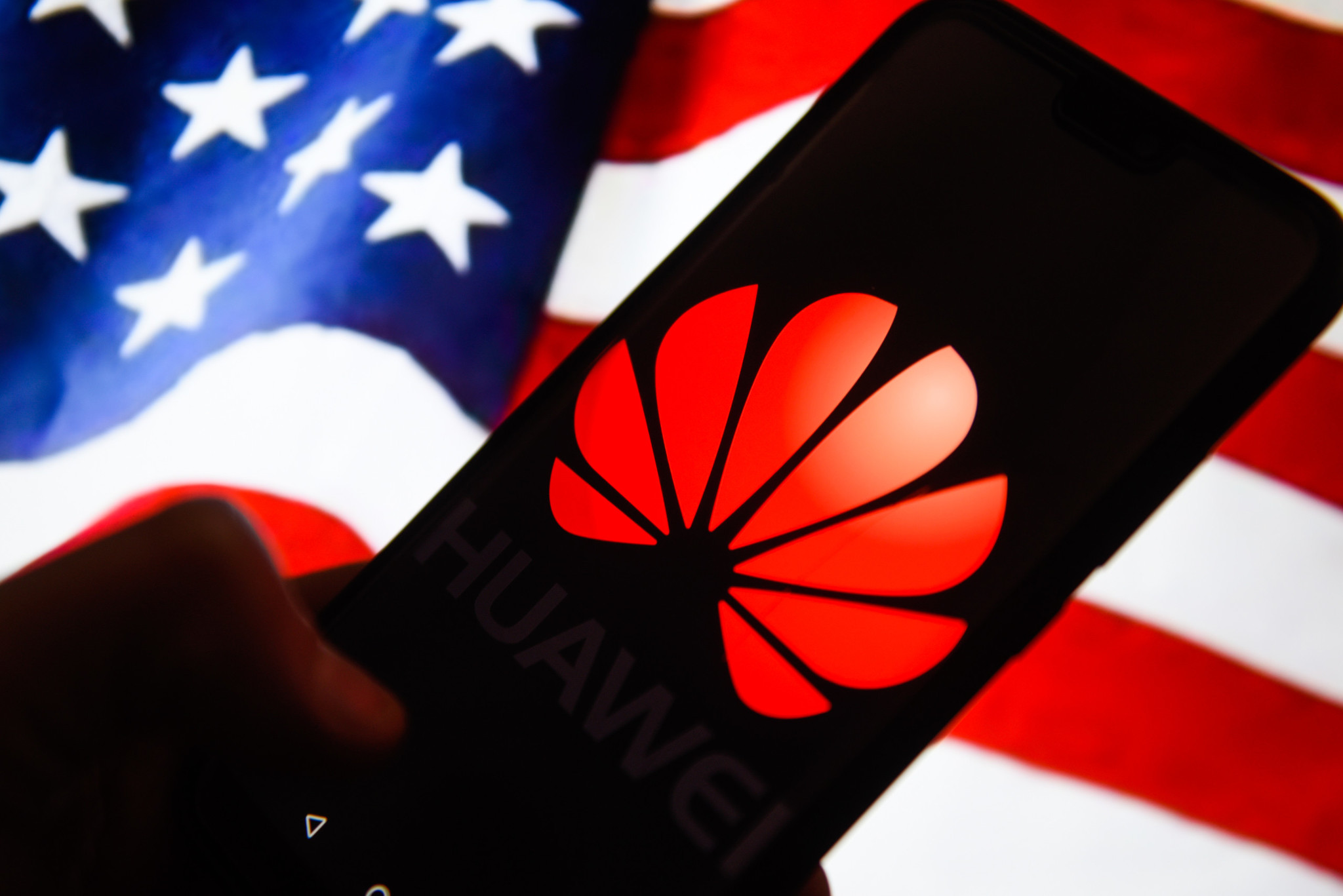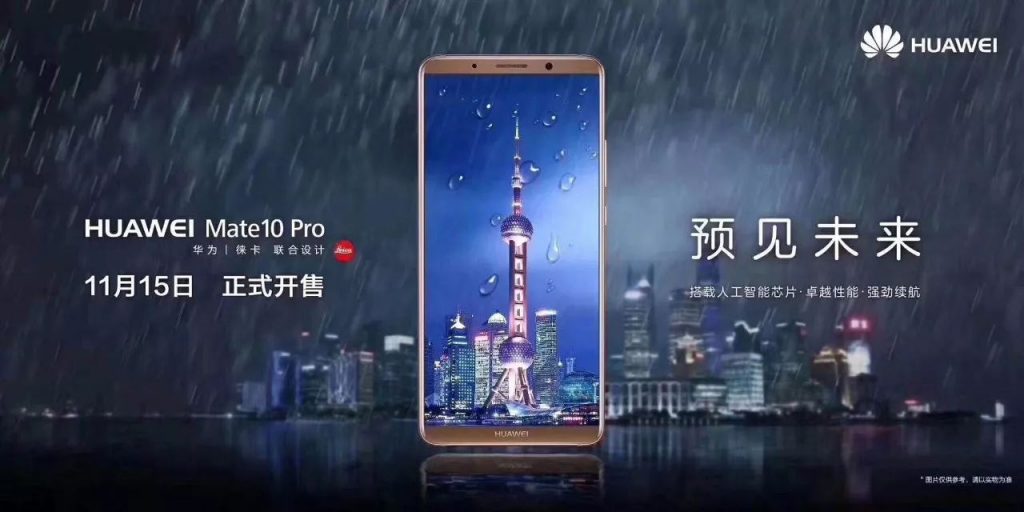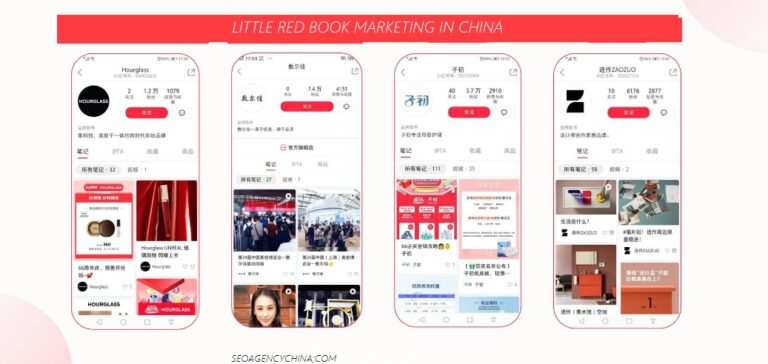Why can US Brands Expect Disruption in Purchasing Power from Chinese Consumers

American brands are now facing two major challenges in a country that is increasingly an enemy of the US on trade and geopolitical issues. One is that local Chinese brands getting stronger. The second is that Chinese consumers are increasingly turning away from foreign brands because they have come to the forefront of Chinese politics. As a result, some American brands that used to be cool are falling out of attention. In particular, the ongoing US-China trade war affects consumers’ purchasing decisions.
Upcoming Singles’ Day —the world’s largest online shopping event— turns out explicit numbers
An event that started ten years ago by e-commerce associated with Alibaba Group Holding Ltd. as a celebration by consumers for being single – per contra Valentine’s Day – the 11 November event became larger than Black Friday and Cyber Monday. More than $ 30 billion of merchandise was sold in 24 hours at last year’s “Singles Day,” shopping festival.
Cost-Effective Agency
KPI and Results focused. We are the most visible Marketing Agency for China. Not because of huge spending but because of our SMART Strategies. Let us help you with: E-Commerce, Search Engine Optimization, Advertising, Weibo, WeChat, WeChat Store & PR.

According to Sergei Klebnikov’s research, nearly 80% of Chinese shoppers in a new survey said they were boycotting US goods during Singles Day on 11 November. The US-China trade war has an impact on the rising nationalist sentiment that flows into the retail industry.
- Up to 78% of Chinese shoppers said they would avoid buying American brands and instead opt for Chinese products, according to a recent survey from global consulting firm AlixPartners that was first reported on by the South China Morning Post.
- More than half of the 2,000 respondents cited “patriotism” as the main reason for doing so, according to AlixPartners’ survey, showing a rise in nationalistic attitudes amid the backdrop of the U.S.-China trade war.
- Singles’ Day, or Double 11, is a 24-hour online shopping festival on Alibaba’s Taobao, Tmall and AliExpress platforms; it is the biggest e-commerce event in the world, larger than Amazon Prime Day, Black Friday and Cyber Monday combined.
- If shoppers do boycott American goods as expected, that would primarily hurt U.S. consumer brands like Nike, Tapestry Inc., Ralph Lauren, Capri Holdings and Tiffany & Co.
- While most respondents said they would pass up American brands, they won’t be discouraged from choosing other foreign brands from places like Europe, Japan, and South Korea, according to the survey.
- Despite the effects of the trade war, Chinese consumers in big cities are expected to spend 54% more year-over-year on Singles’ Day, according to the survey.
Big numbers: Last year, Black Friday sales amounted to $6.2 billion, Cyber Monday sales hit $7.9 billion and shoppers spent roughly $4.2 billion on Amazon Prime Day—but none of those come close to the $30.8 billion of transactions (in gross merchandise volume) spent on Alibaba’s Singles’ Day 2018.
Crucial quote: “Chinese consumers … prefer local brands, and the recent rise in pro-China feeling has only pushed this further,” AlixPartners’ director Jason Ong said in the South China Morning Post.
America Is Losing the Chinese Shopper
The willingness of Chinese consumers to keep buying foreign products matters more to the global economy than ever. China is currently contributing roughly a third of global growth, and according to Credit Suisse, is the second-largest source of household wealth in the world. China is expected to surpass the U.S. as the world’s biggest consumer market in 2021, according to New York-based research firm eMarketer, with analysts predicting China will have more than $5.8 trillion in retail sales.

If more Chinese consumers buy locally, this will force Western companies and economies to rely more on domestic buyers in their domestic markets to maintain GDP growth. While US consumption was largely strong, this year in the US, it is nowhere near growth in China and recent data warned that it might not last.
“Now the quality is similar, so why not buy China?” Said 39-year-old Gao Yang, who works in home decoration while looking at the Beijing shopping mall. When he was a passionate buyer of Nike and Adidas, Mr. Gao said he switched exclusively to Li-Ning, the Beijing sportswear brand that became fashionable in China. In the 1998 Hill + Knowlton Strategies survey, virtually no Chinese respondents said they think the Chinese brands are cool.
Many American companies miscalculated how difficult it would be to gain a lasting position in a country that has turned toward patriotism
In a June 2008 survey by the Brunswick Group, 56% of Chinese consumers said they had avoided buying an American product that would prove support for China’s position in the ongoing trade war. Chinese consumers aged 18 to 29 would prefer to buy household appliances.
The shift in favor of domestic brands in China began to take off about three years ago, a recent boom in patriotic feelings. Chinese brands have traded up in quality and innovation. Chinese consumers have become more sophisticated and less easily impressed with foreign names. Surveys show that many now demand products that express something about their identity – which increasingly includes pride in being Chinese.
In summary, US brands can expect the Chinese to avoid buying their products, not just while shopping online.






Maybe because Chinese brands sell similar products but a lot cheaper.
I guess the “made in china” bad quality area is over now that Chinese brands offer high-quality products, it’s a good thing to boost innovation!
The quality of Chinese products is constantly improving, and many new brands are being formed.